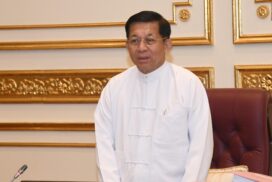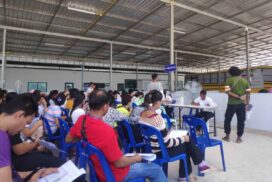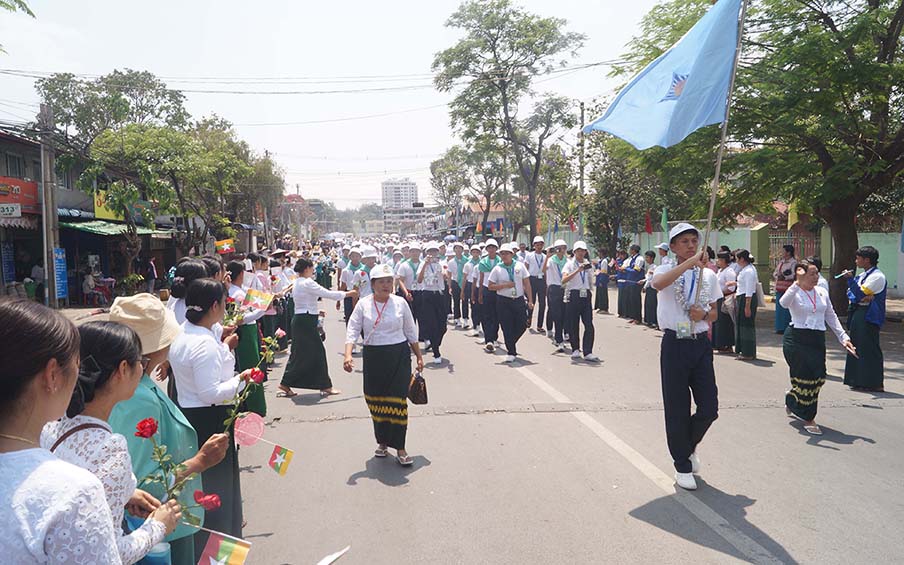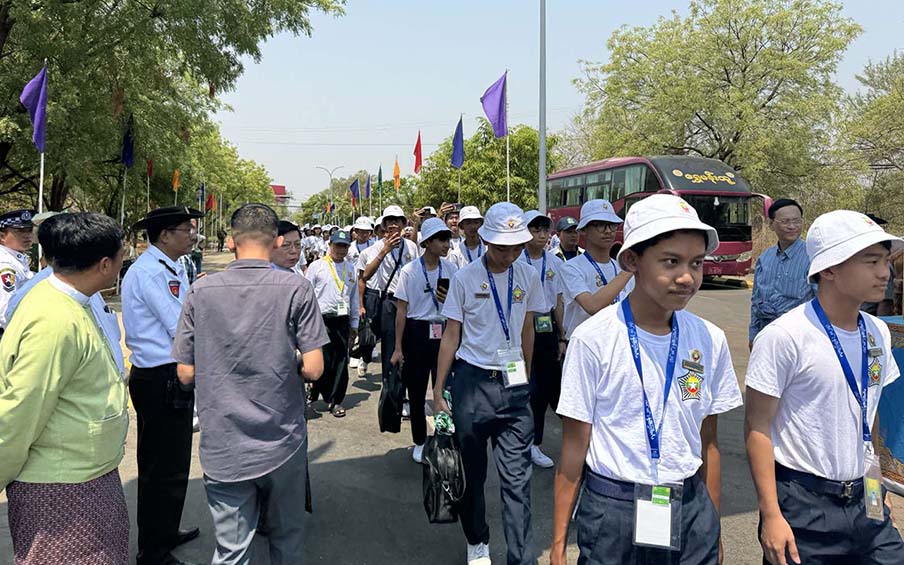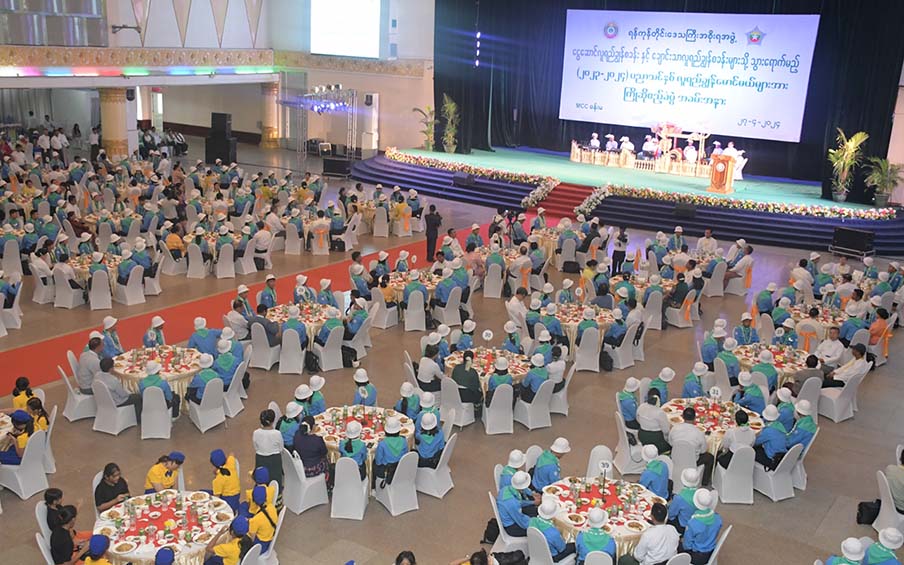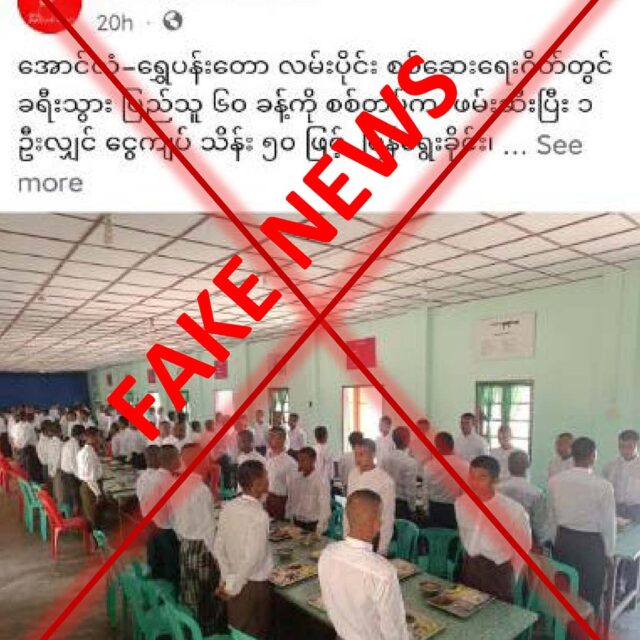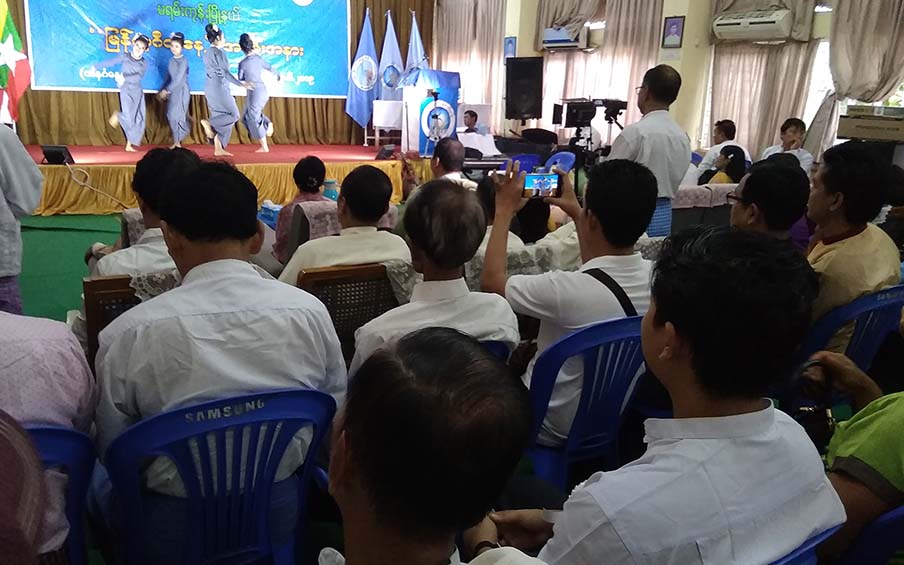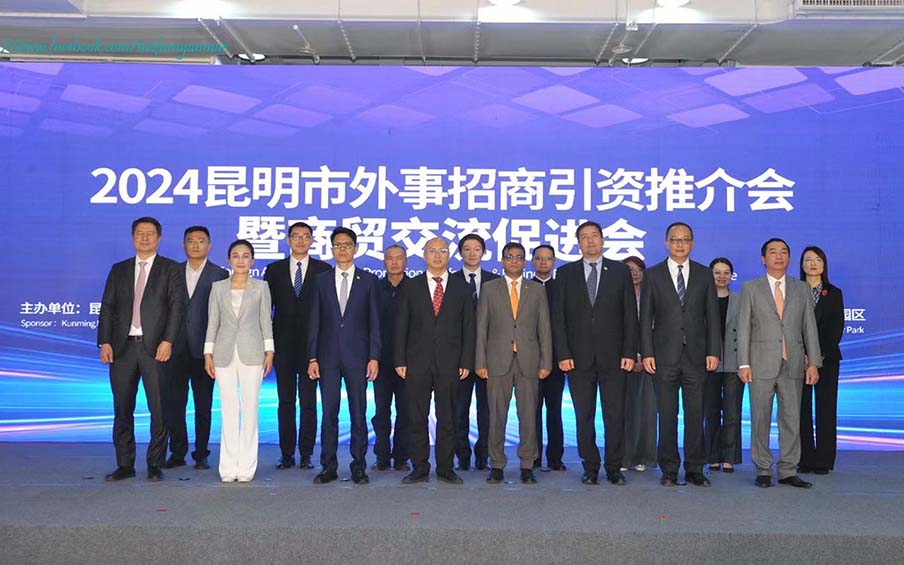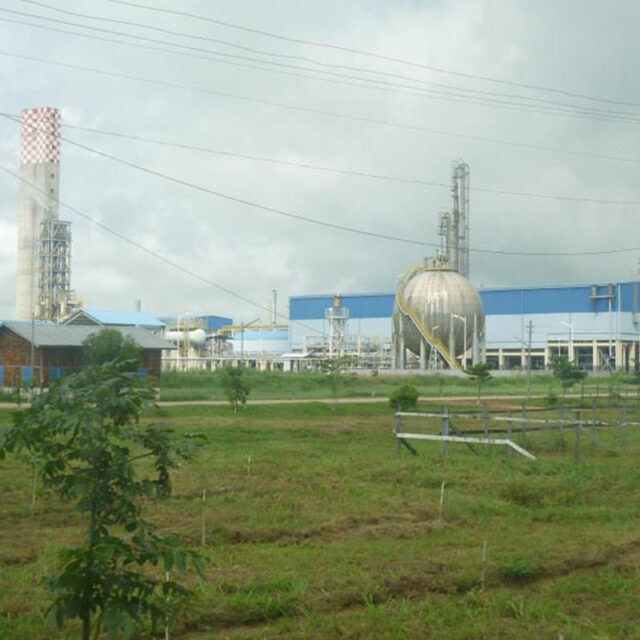The Natural Resources and Environmental Conservation Committee is actively working towards increasing the contribution of renewable energy in the country’s electric power sector to drive Green Growth, Green Energy, and a Green Economy for national development.
The focus lies on meeting the escalating demand for electric power and energy in the country while ensuring that all processes align with the natural environment, minimizing impacts as much as possible. Therefore, there is a concerted effort to boost the use of renewable energy with the least social impact.
The country is currently grappling with a 15 per cent annual increase in electricity demand. To cater to the energy needs across the nation, the electricity generation mix encompasses 47.6 per cent hydropower, 1.7 per cent solar energy and other renewable sources, and 50.7 per cent from a combination of gas, liquefied gas, and coal for the national grid.
However, Myanmar faces challenges and barriers in meeting the conditional targets of the Nationally Determined Contributions (NDC). Overcoming these obstacles necessitates financial aid, technological assistance, and the mobilization of human resources to align with the country’s policy objectives. Consequently, collaboration between domestic and international scholars and experts in the energy and electric power sectors is crucial to achieving sustainable electricity generation that positively impacts the socioeconomic well-being of the population.
Currently, over 66.67 per cent of the nation’s electrification ratio is consumed by the populace. Electricity is sourced through diverse methods across the country. Six solar power plants are actively contributing to the national grids, and eleven additional plants are in progress to augment the electricity supply further.
Myanmar is leveraging modern renewable energy technologies, aligning its capacity with competitive electricity prices. To expedite environmental conservation efforts, international organizations are encouraged to provide technological expertise and financial assistance to Myanmar, fostering foreign investments in renewable energy projects.
However, Myanmar faces challenges and barriers in meeting the conditional targets of the Nationally Determined Contributions (NDC). Overcoming these obstacles necessitates financial aid, technological assistance, and the mobilization of human resources to align with the country’s policy objectives. Consequently, collaboration between domestic and international scholars and experts in the energy and electric power sectors is crucial to achieving sustainable electricity generation that positively impacts the socioeconomic well-being of the population.
The improvement of living standards for the entire population hinges on qualified human resources actively participating in electricity generation for public consumption and industrial use. Hence, there is a collective call for both the government and the people to explore and implement optimal strategies to advance the electrification process, ultimately enhancing the socioeconomic life of the nation. That is why all the people need to contribute to the working process of the government in generating electricity as much as they can, and both the government and the people have to seek the best ways for the electrification process.


